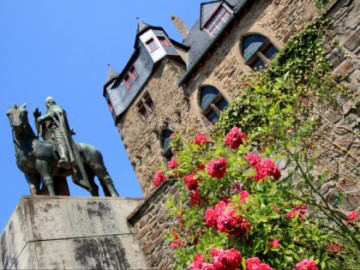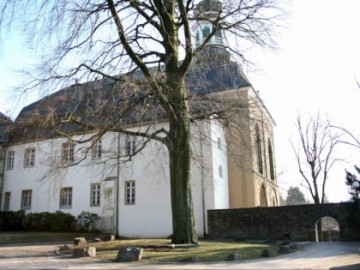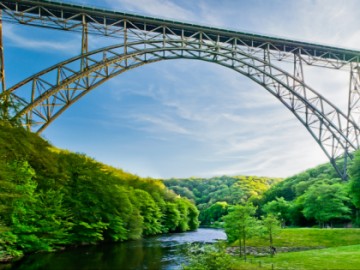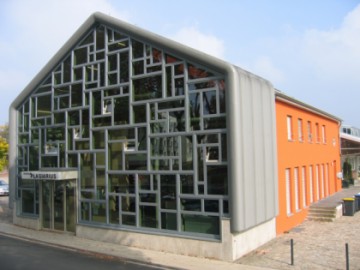Solingen - City of a Thousand Blades
Solingen is known as the manufacturer of the world’s best knives, swords and other instruments. Steel is specially respected here- so much that in 2012 the city received the second official name – “the City of Blades” (Klingenstadt Solingen). The minimum program of visiting this city includes exploring the history of the city in Blade Museum, wandering through the trails above the Wupper River, a ride on a suspended ferry, buying a famous knife and photographing the fantastic panorama of the Burg Castle’s walls.
See all
Restaurants
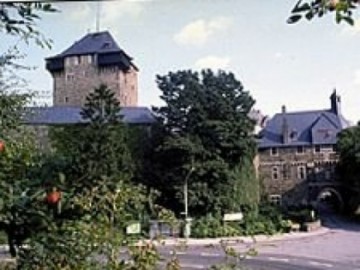
Zur Solinger Talsperre
Self-service restaurant • Vegetarian restaurant • Catering
+49 2196 1237
Payment methods:
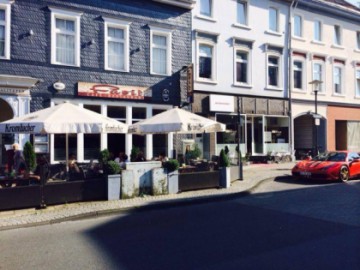
FASIL
Restaurant • Bar • Lounge • Catering
+49 212 2337907
Payment methods:
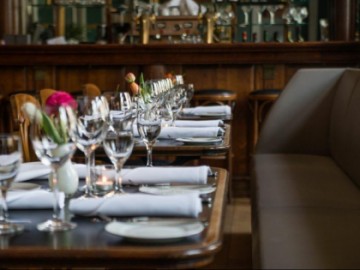
La Quiche
Restaurant • Catering
+49 212 64237902
Payment methods:
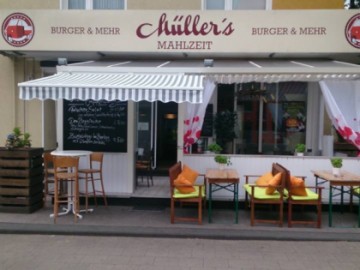
Müller's Mahlzeit
Inn • Bistro • Catering
Payment methods:
All sights in SolingenSee all
Landmarks in the city Solingen
Nearby


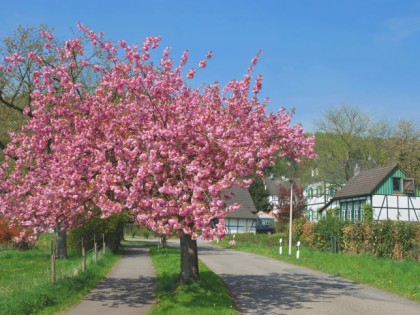







 Castles, Fortresses and Palaces
Castles, Fortresses and Palaces
 Museums and Exhibitions
Museums and Exhibitions
 Architectural Monuments
Architectural Monuments
